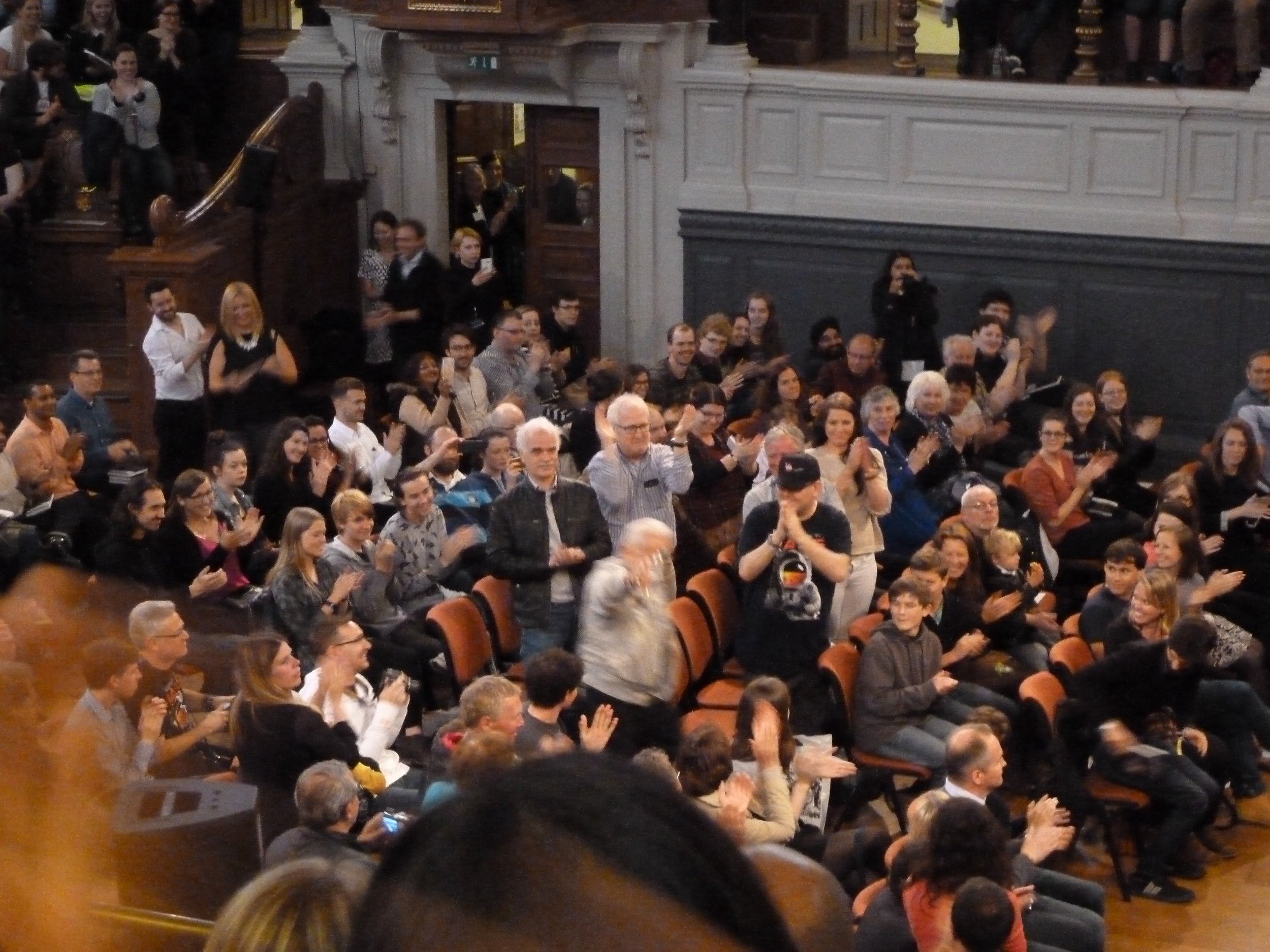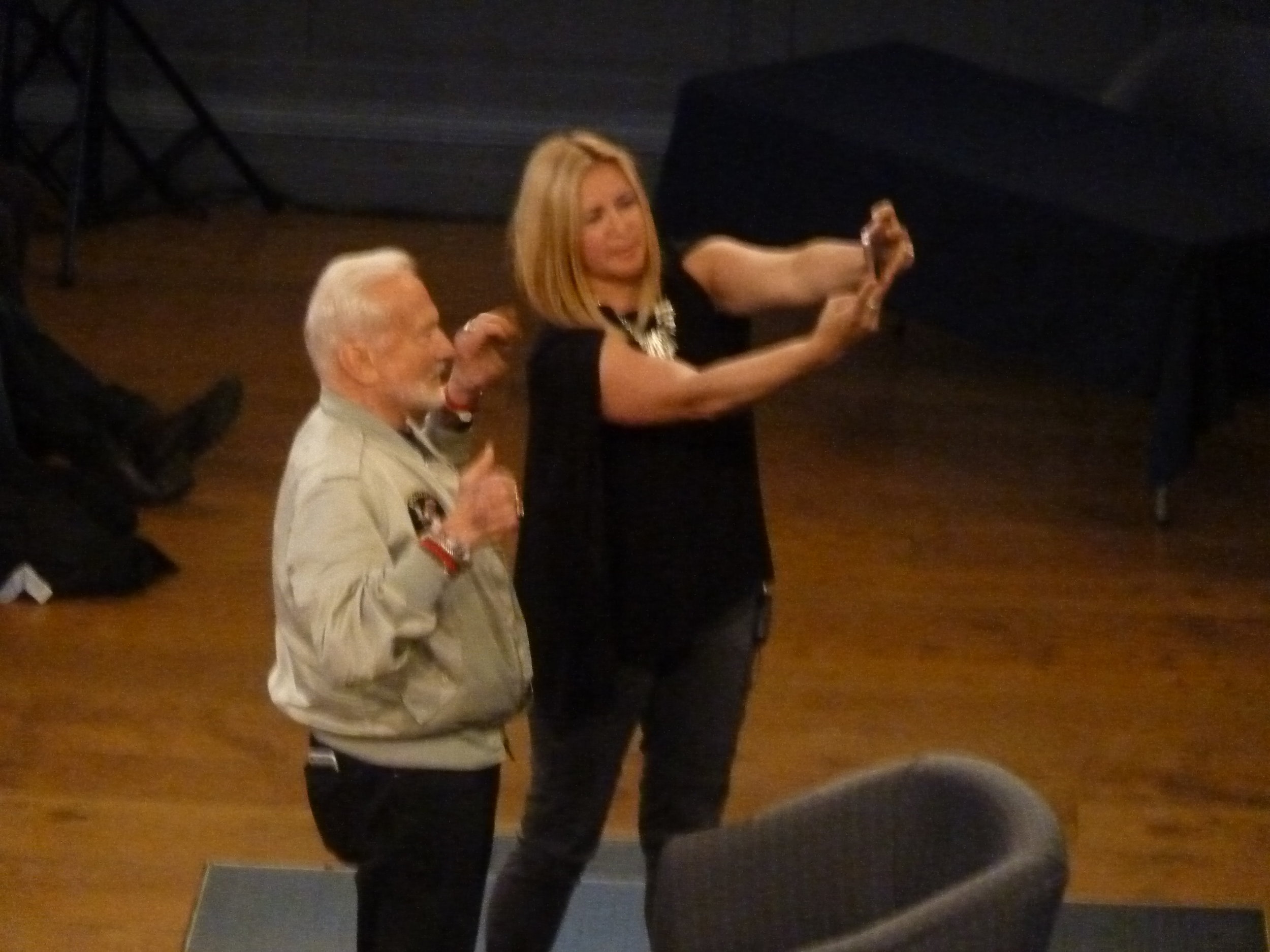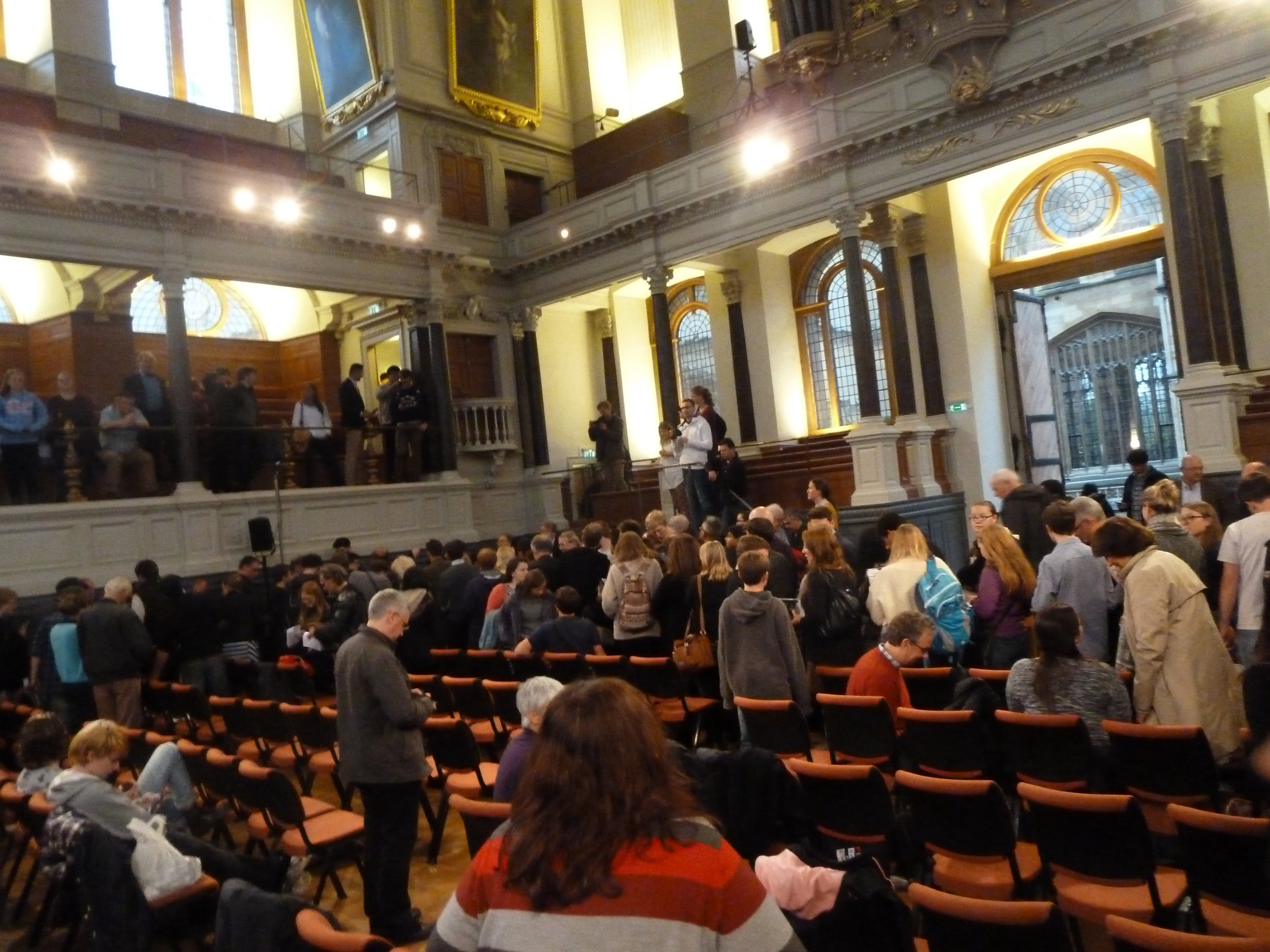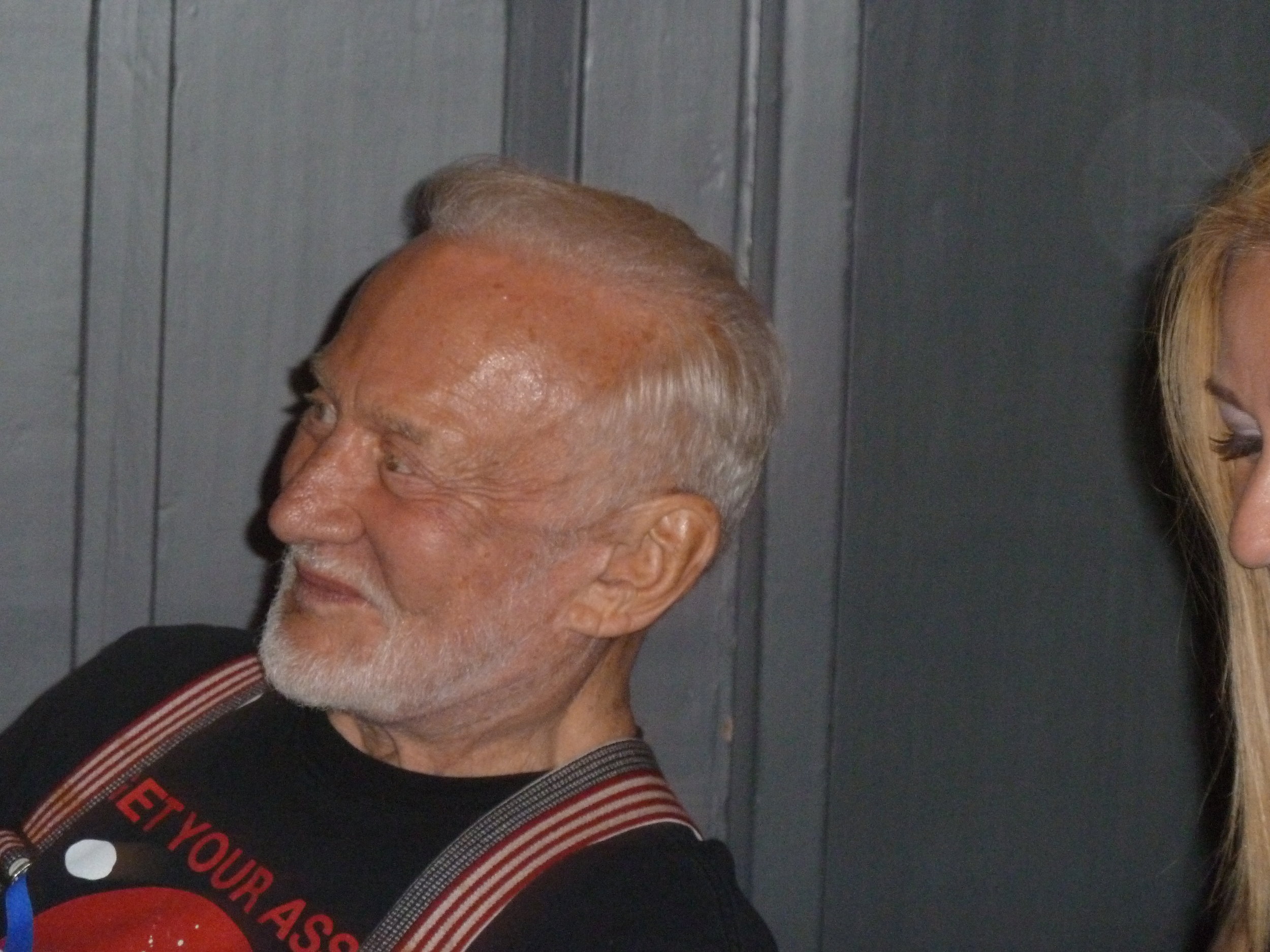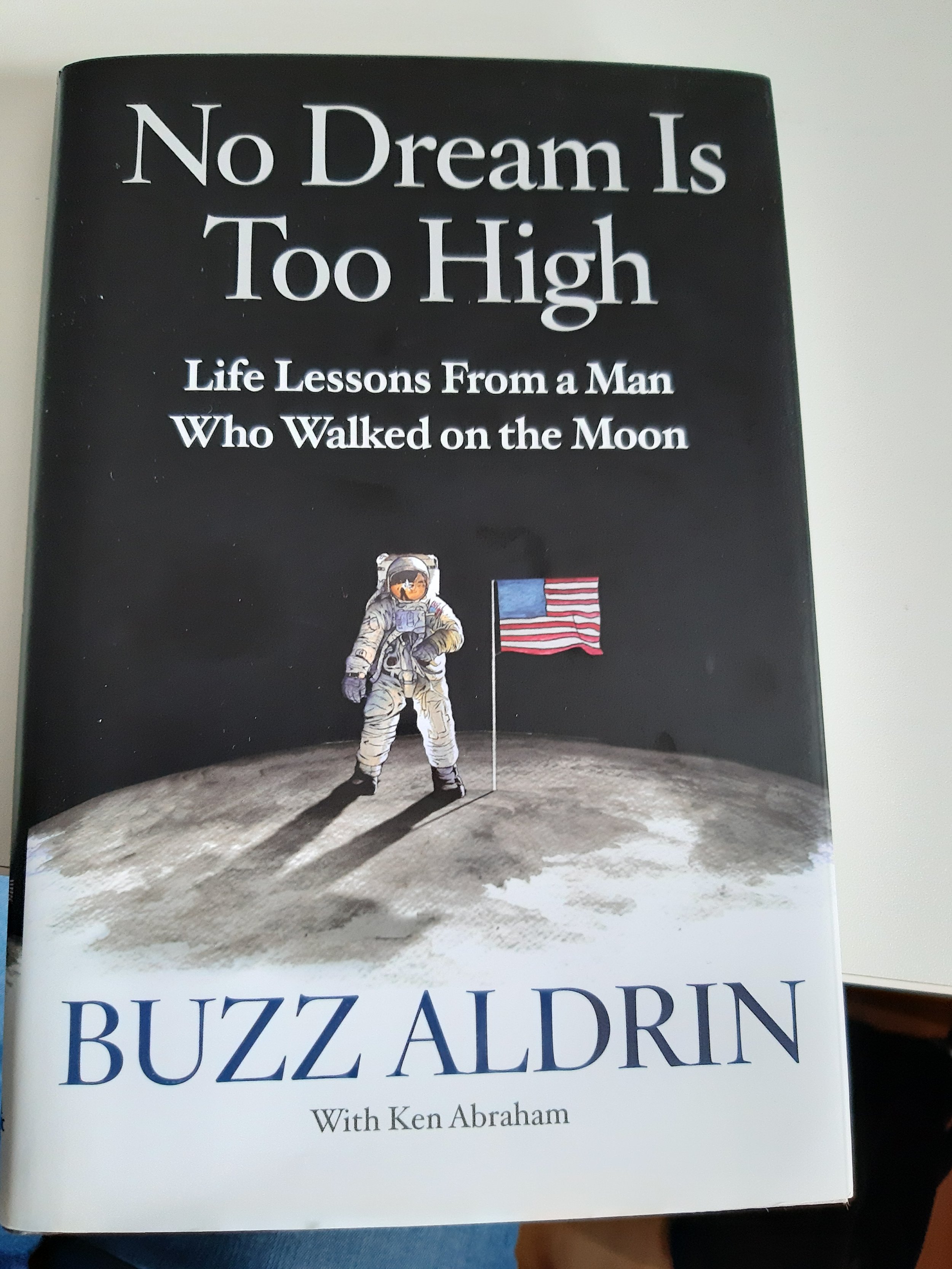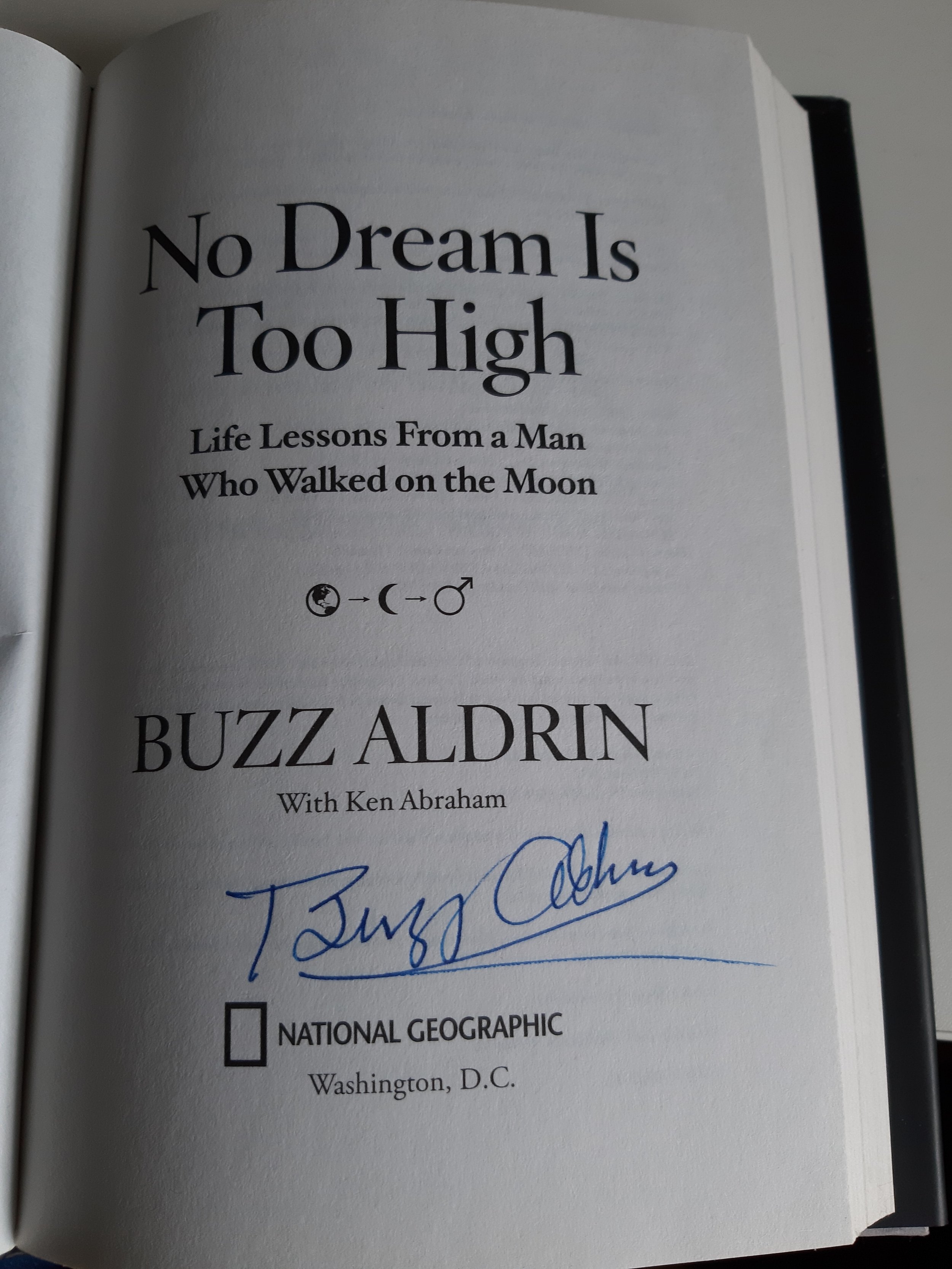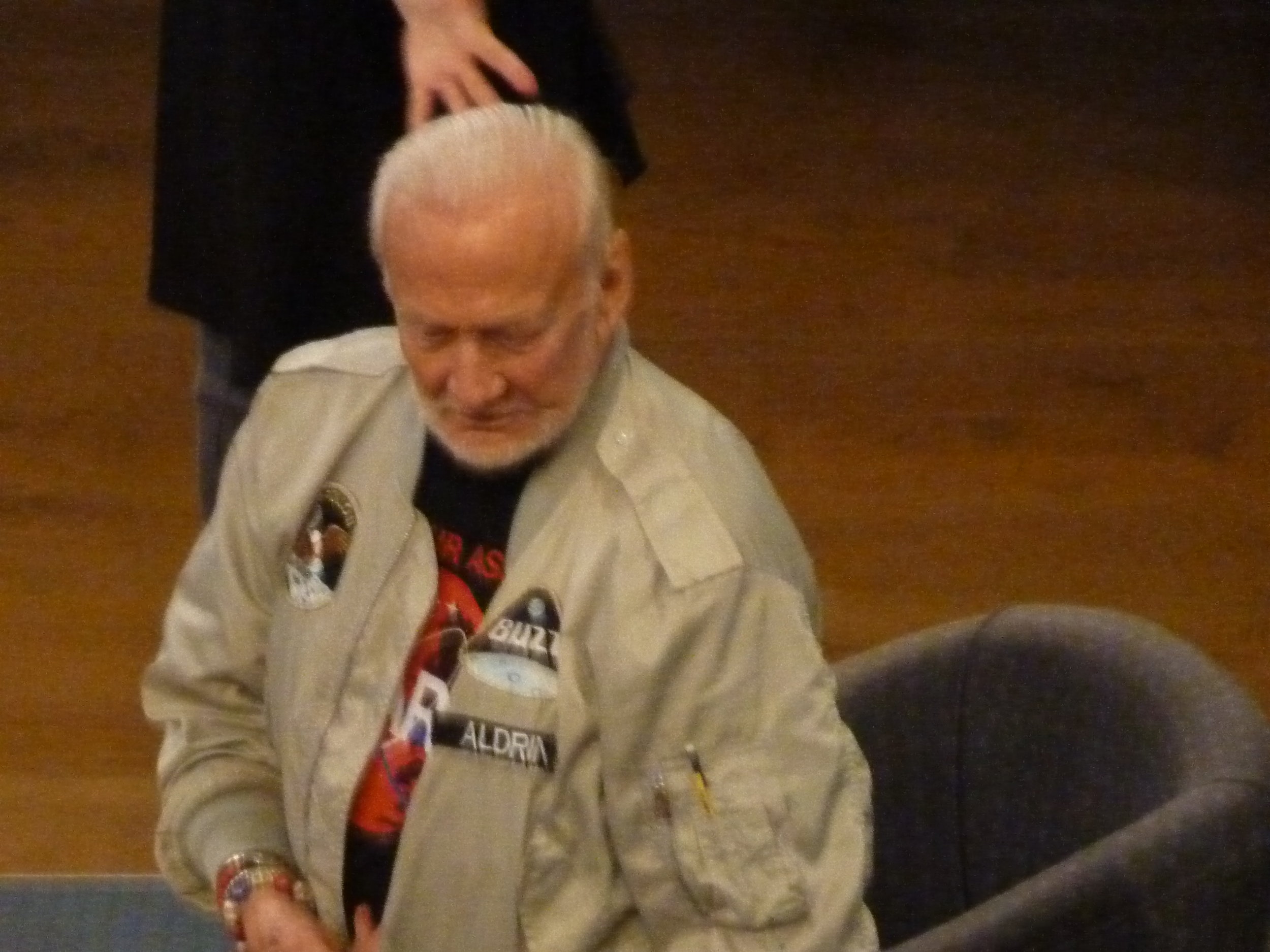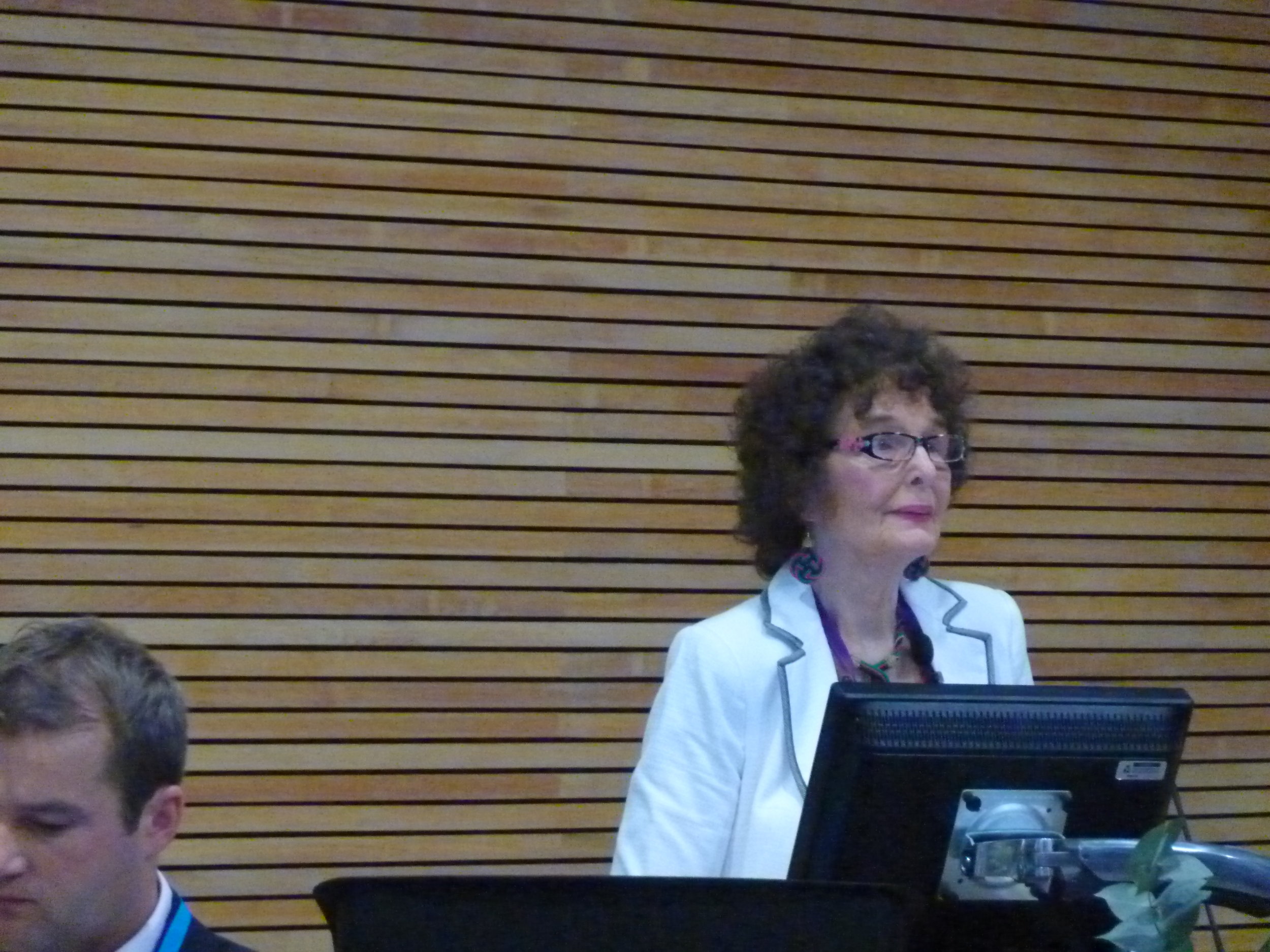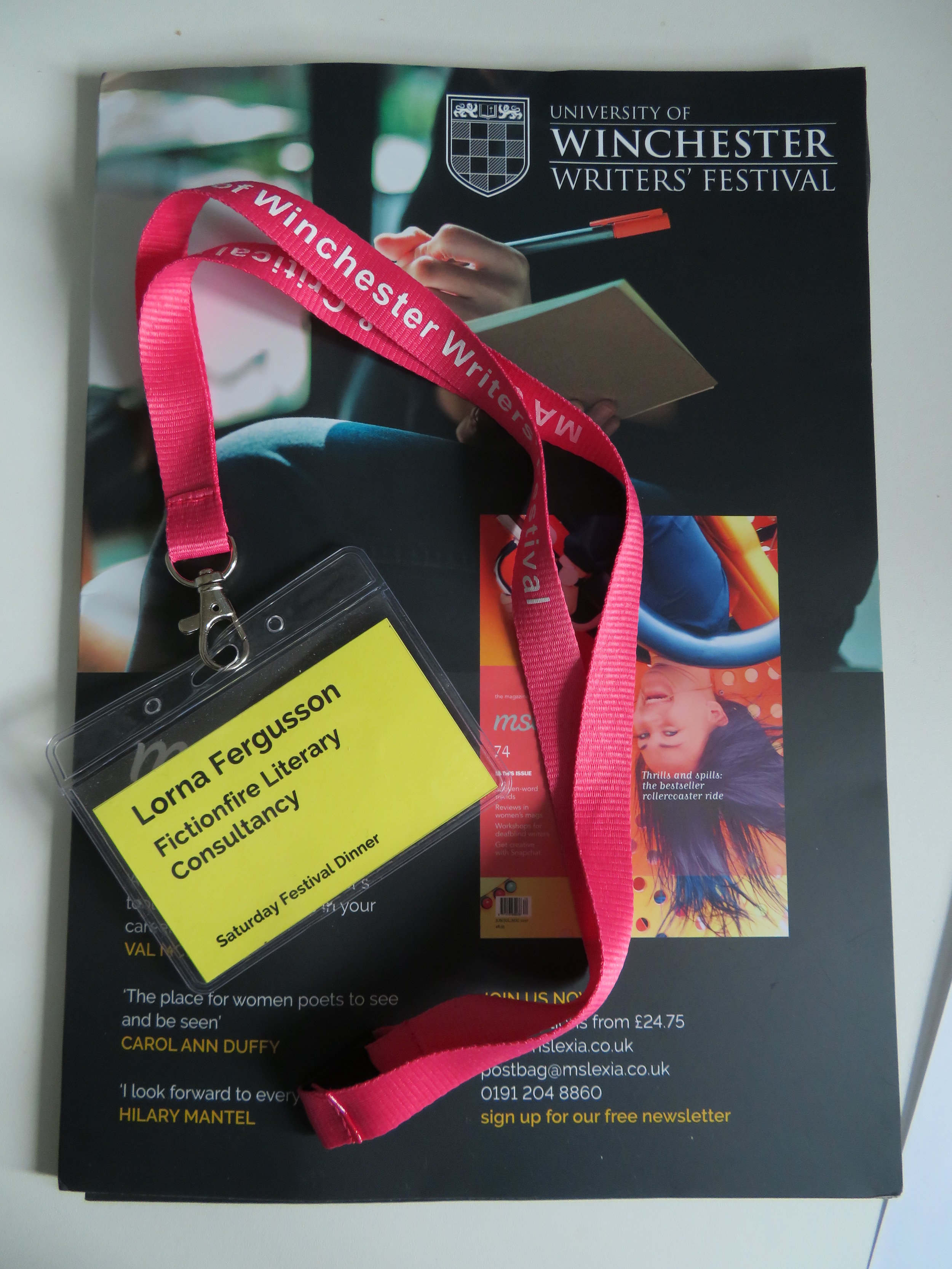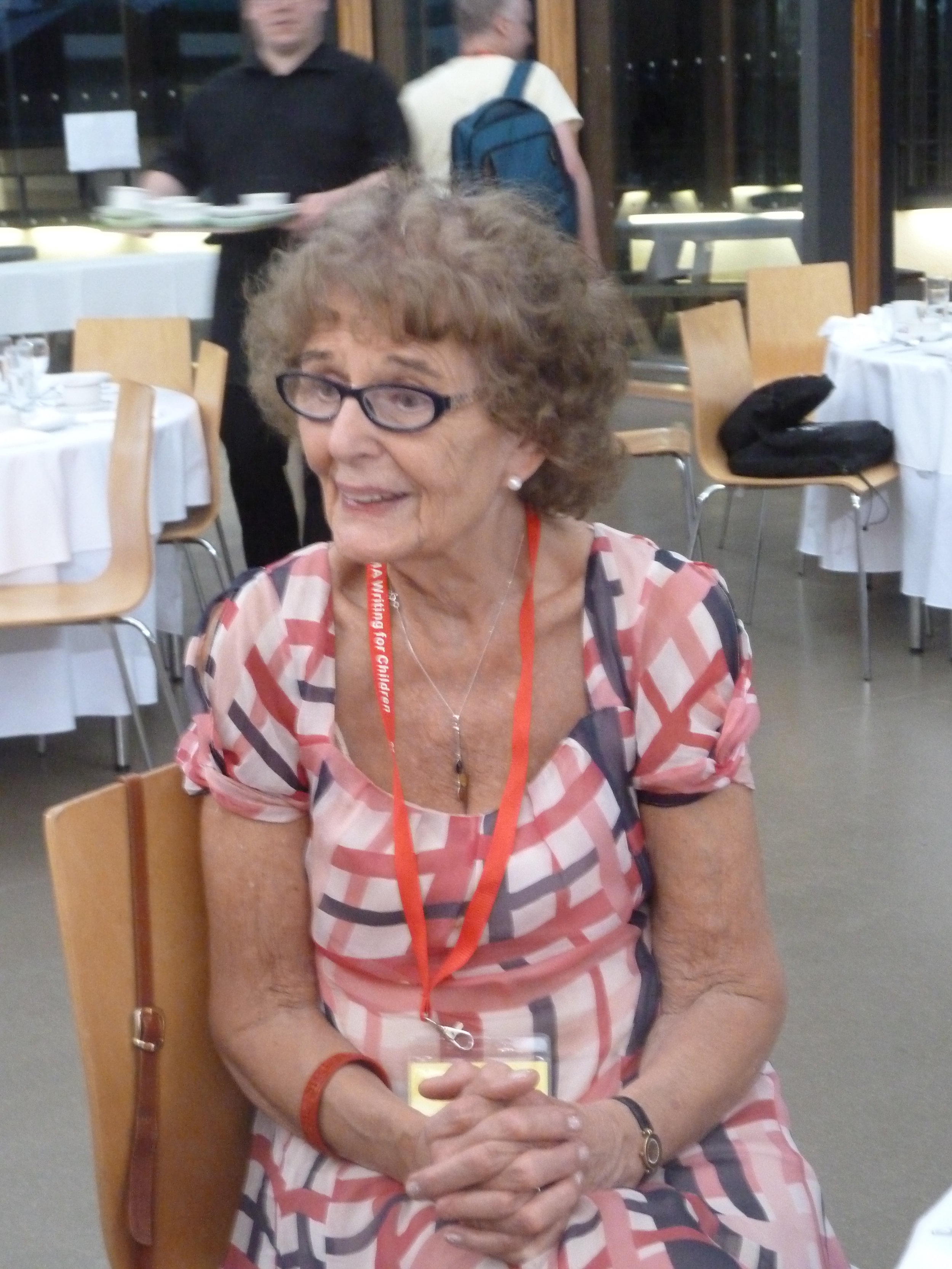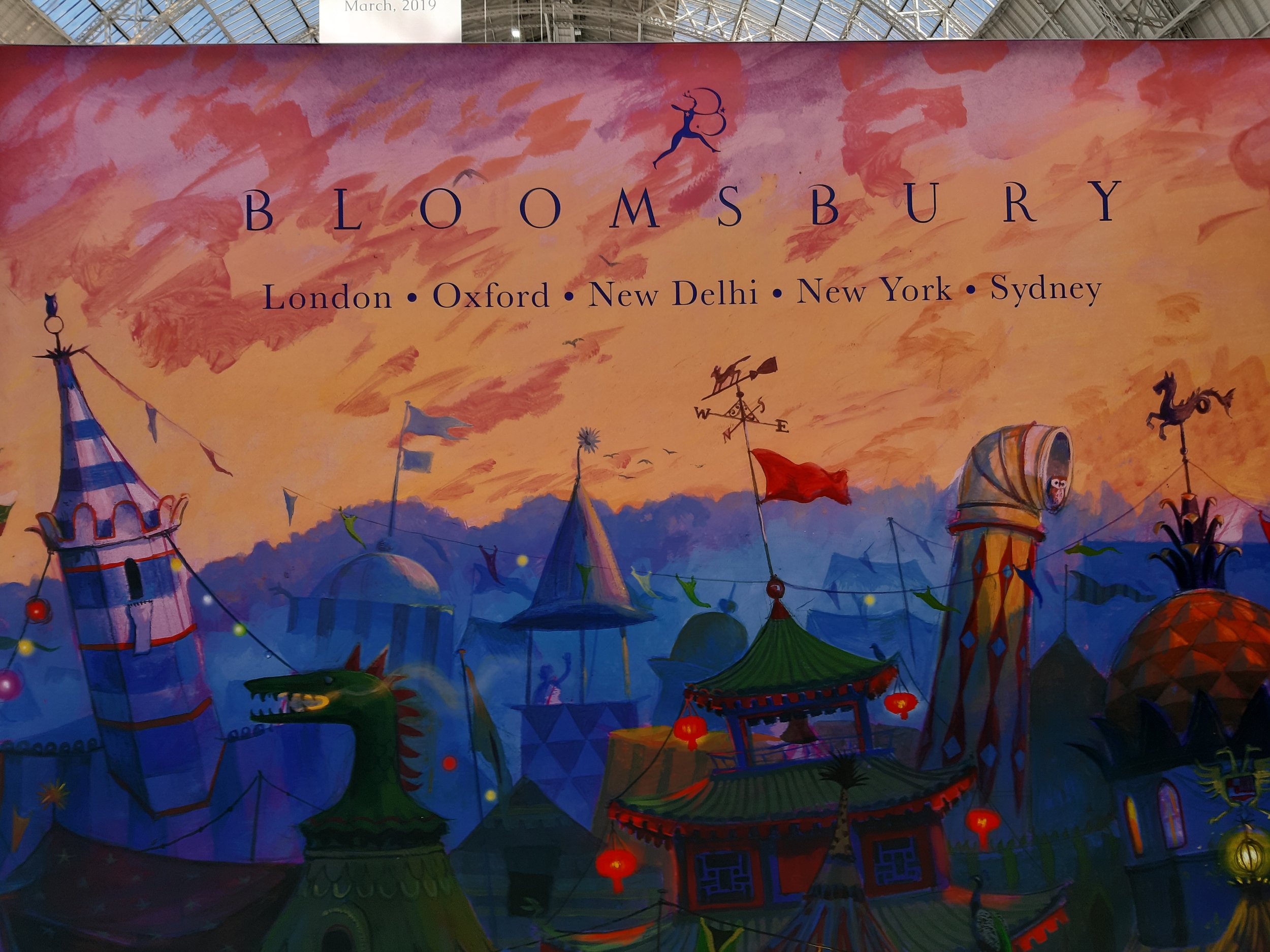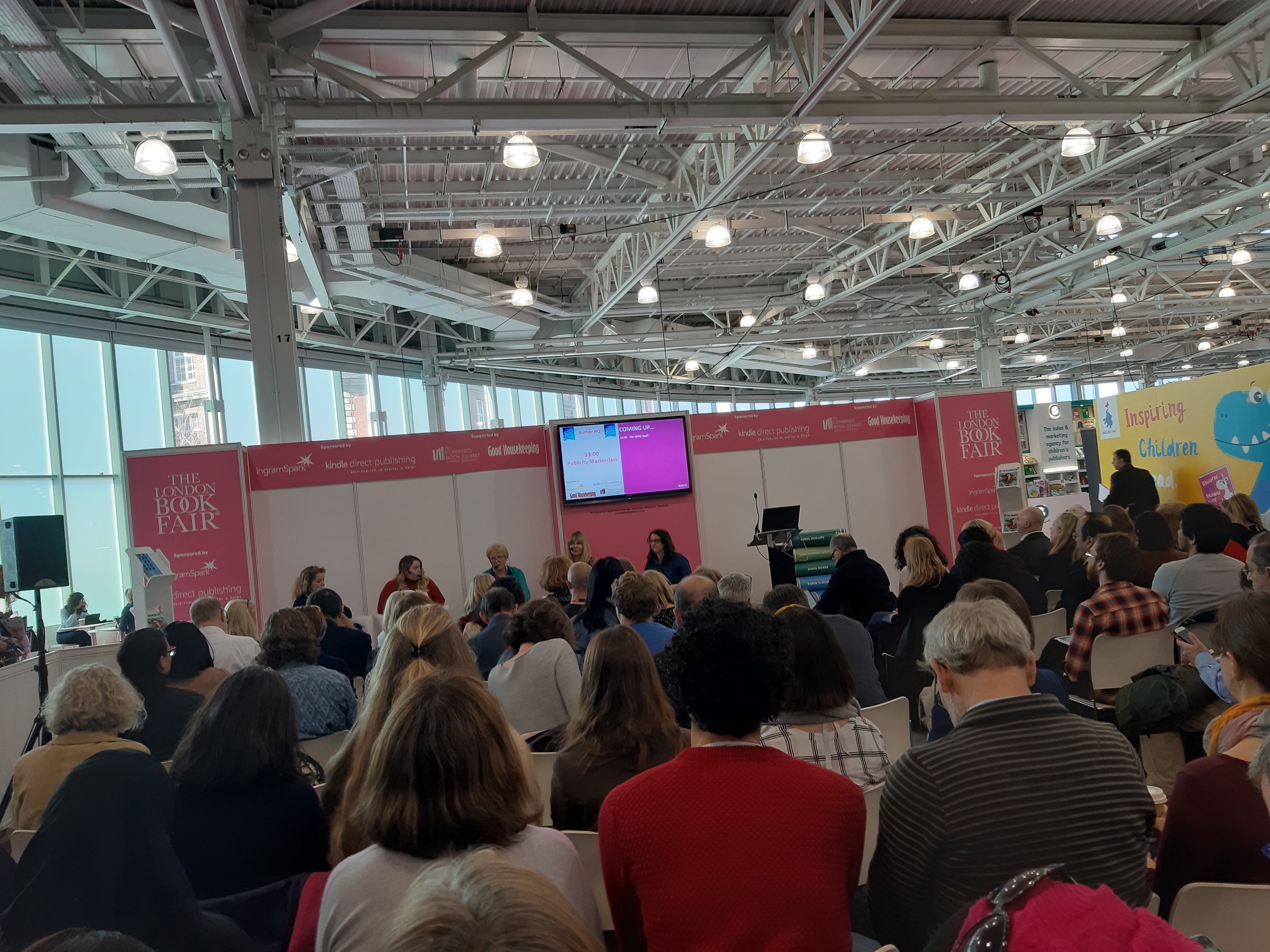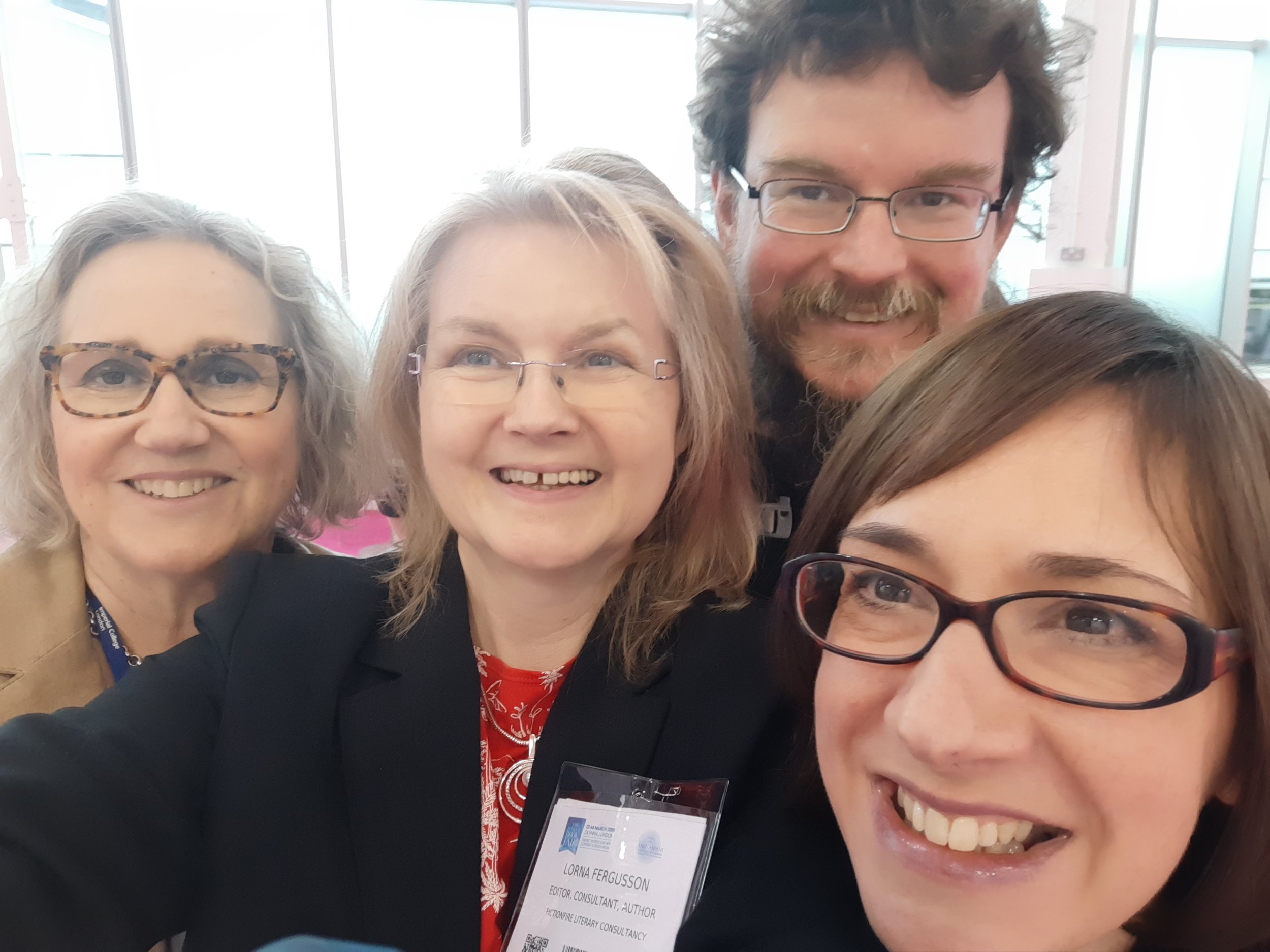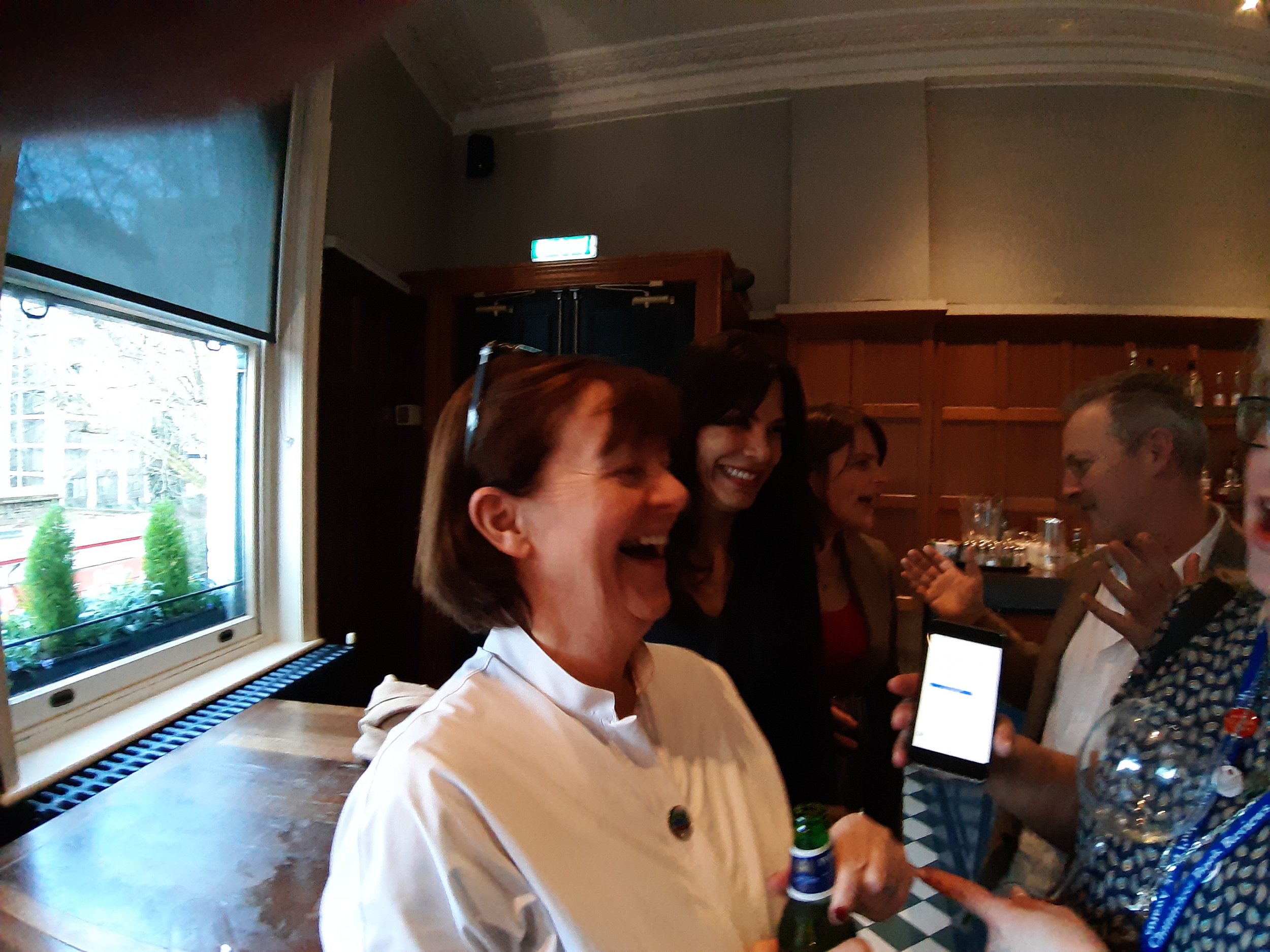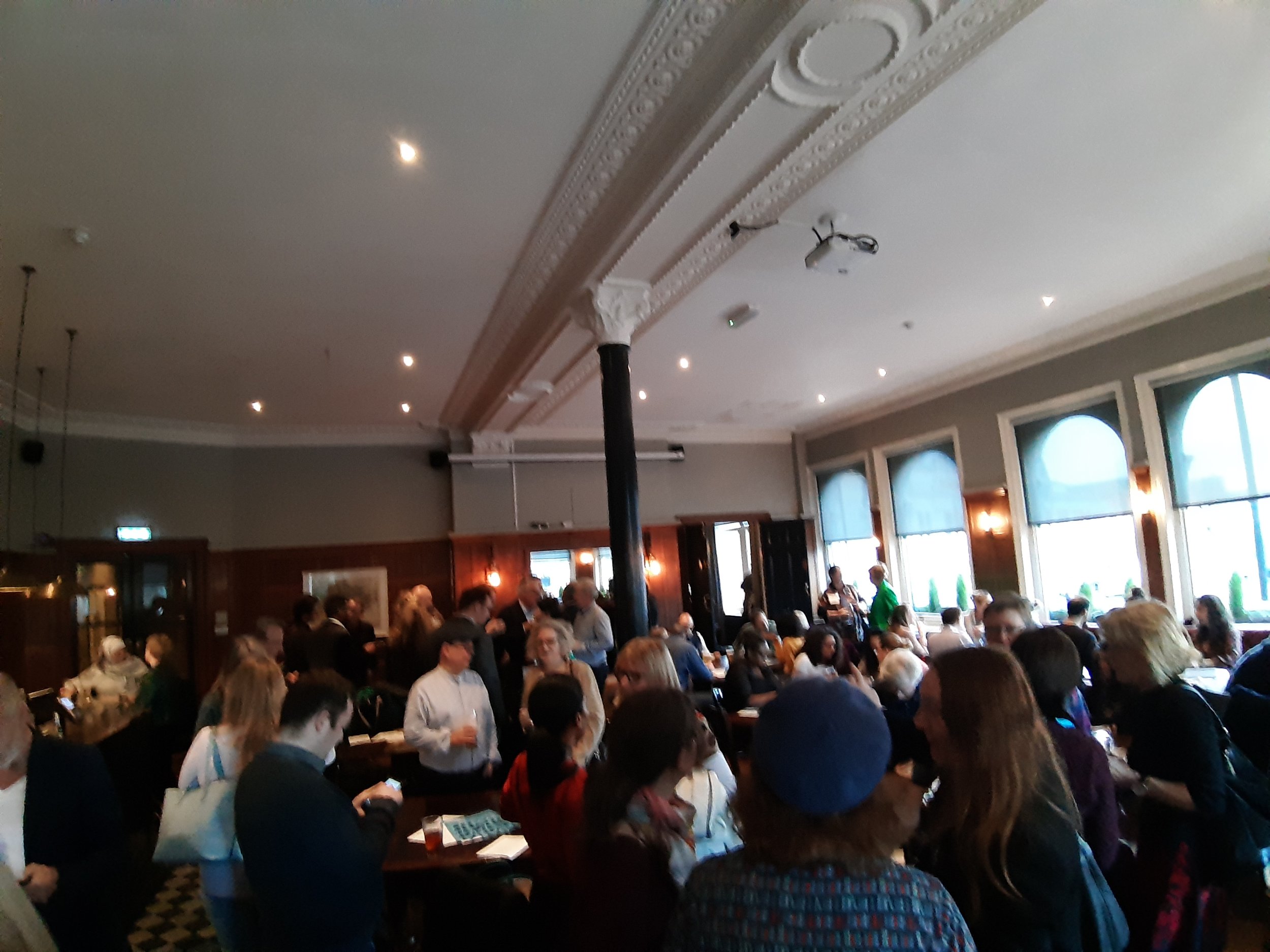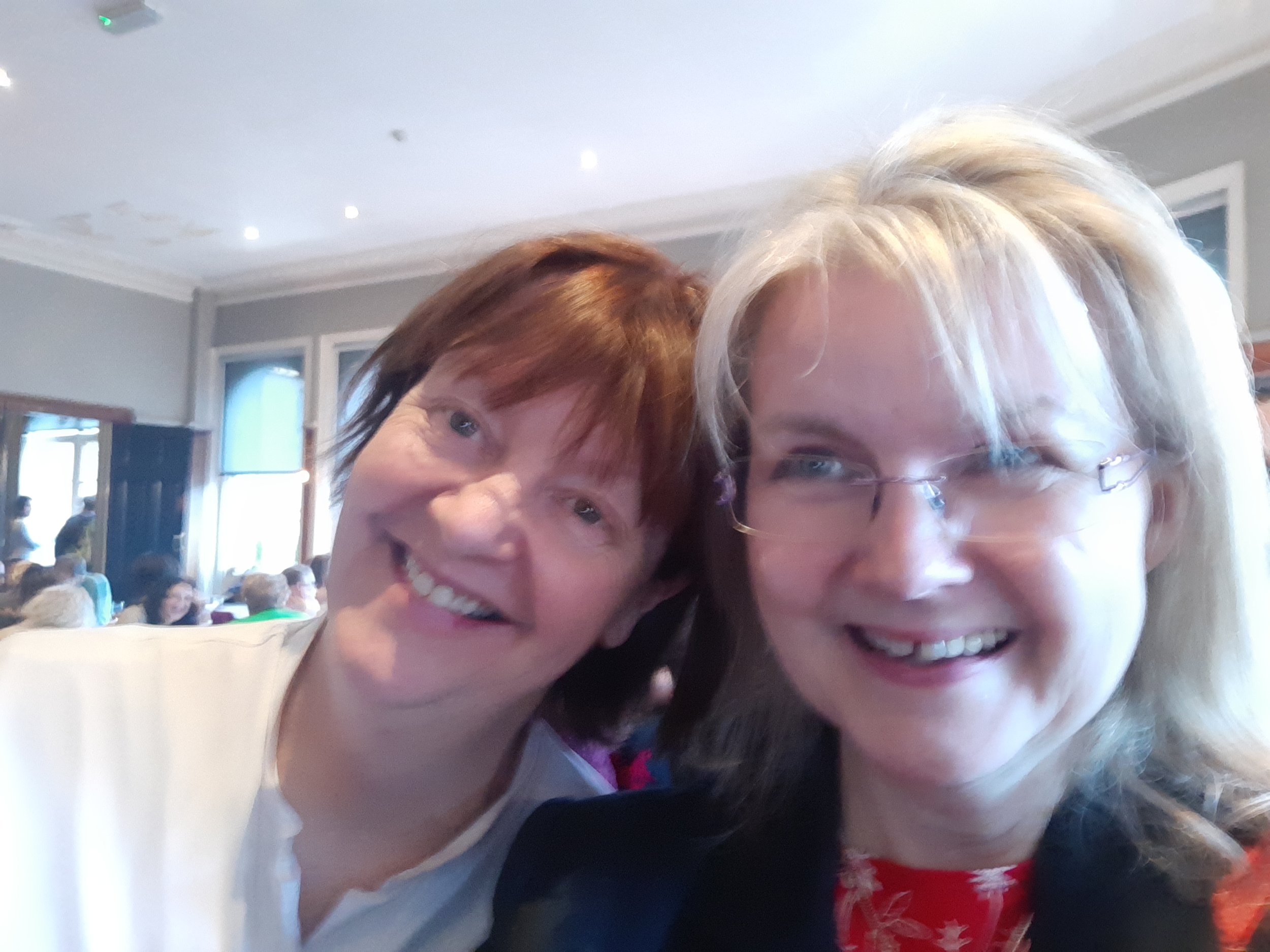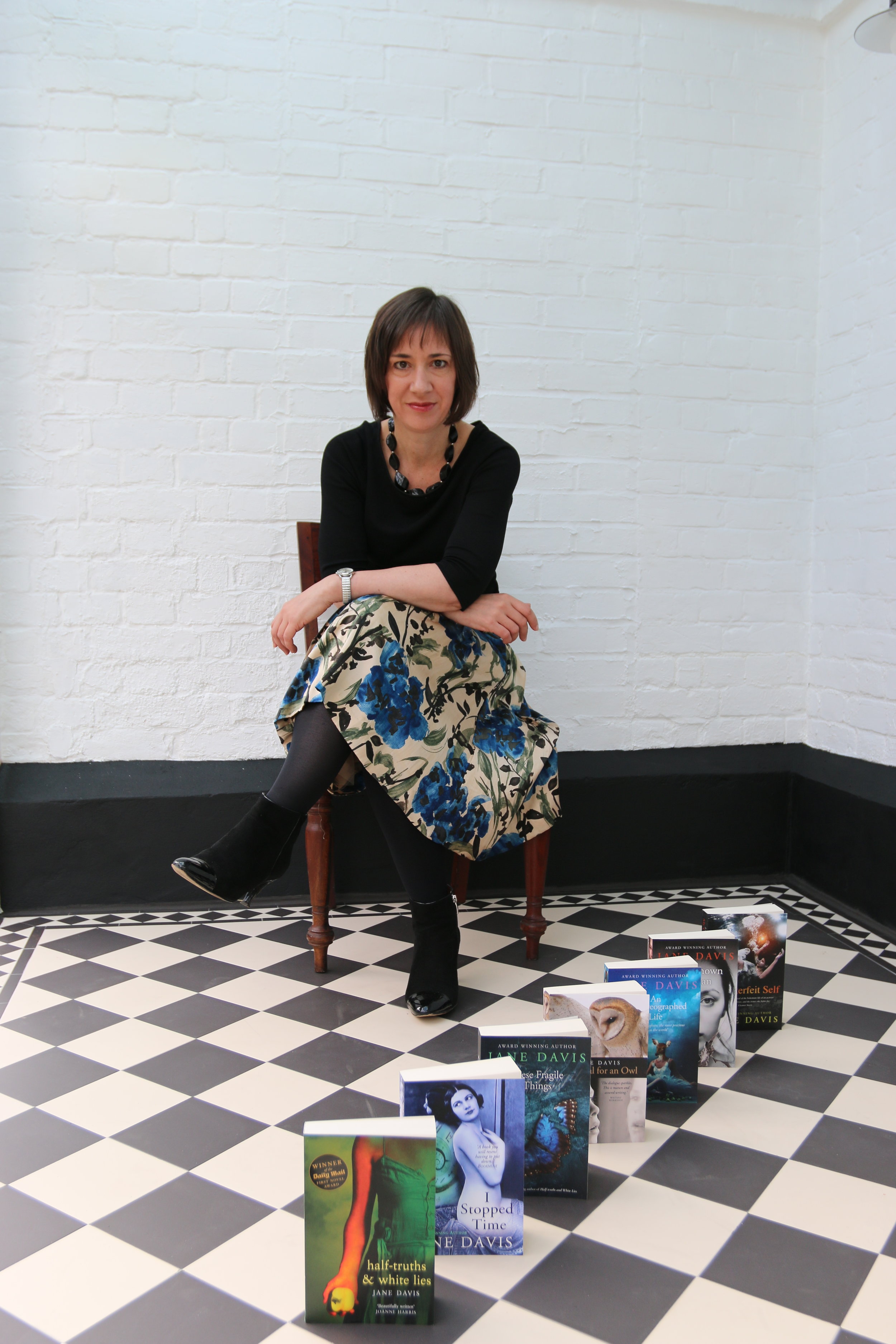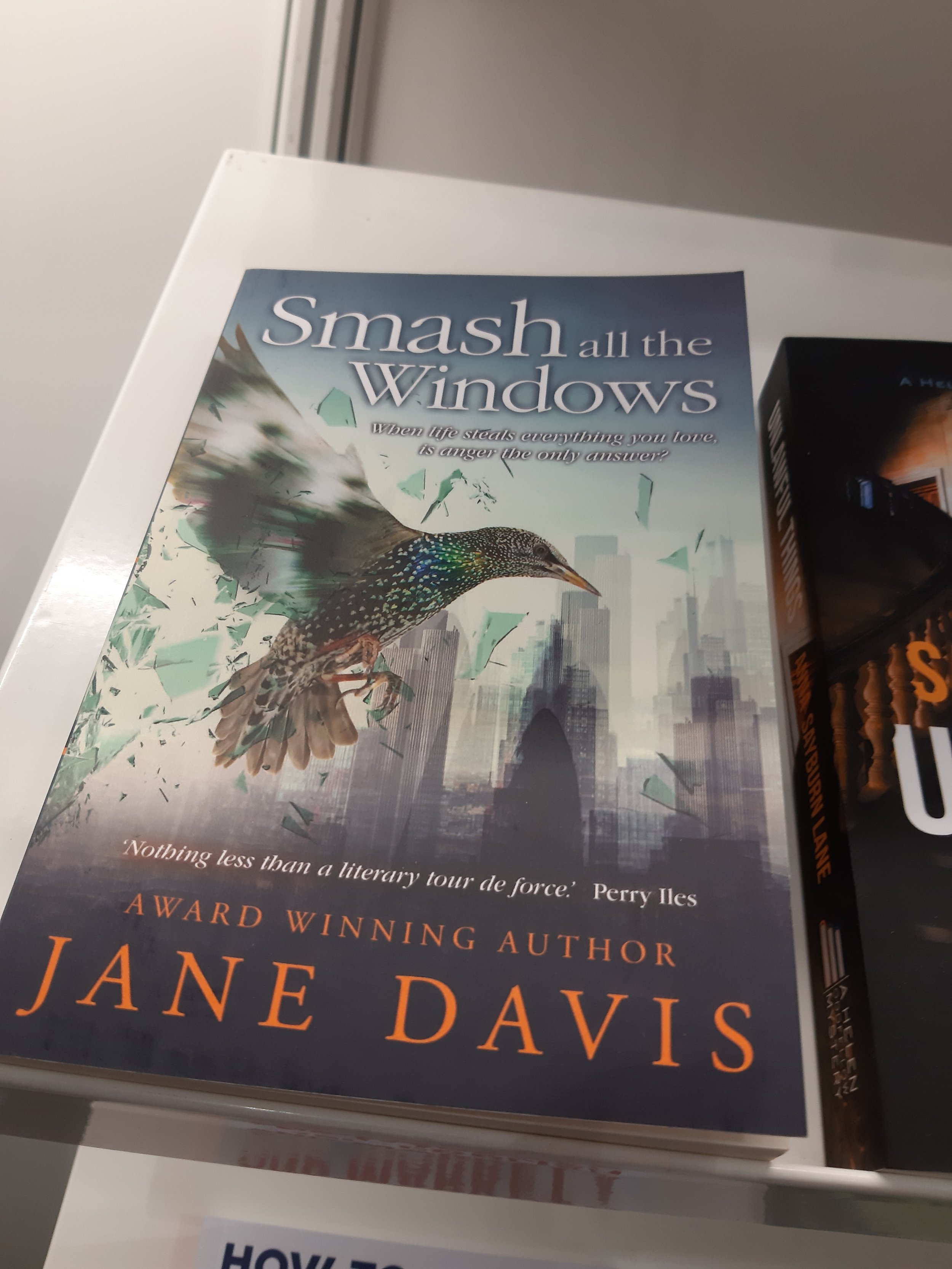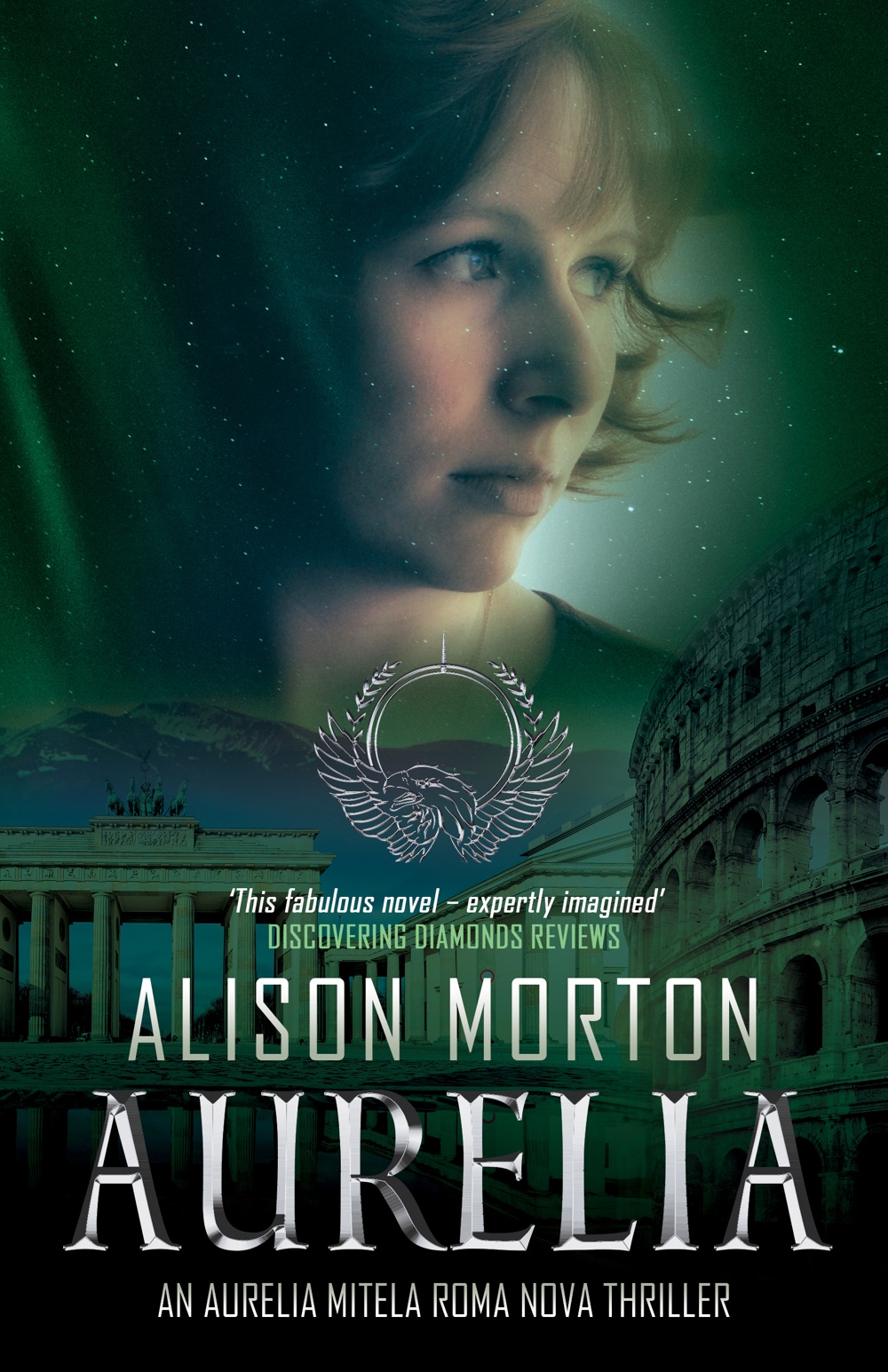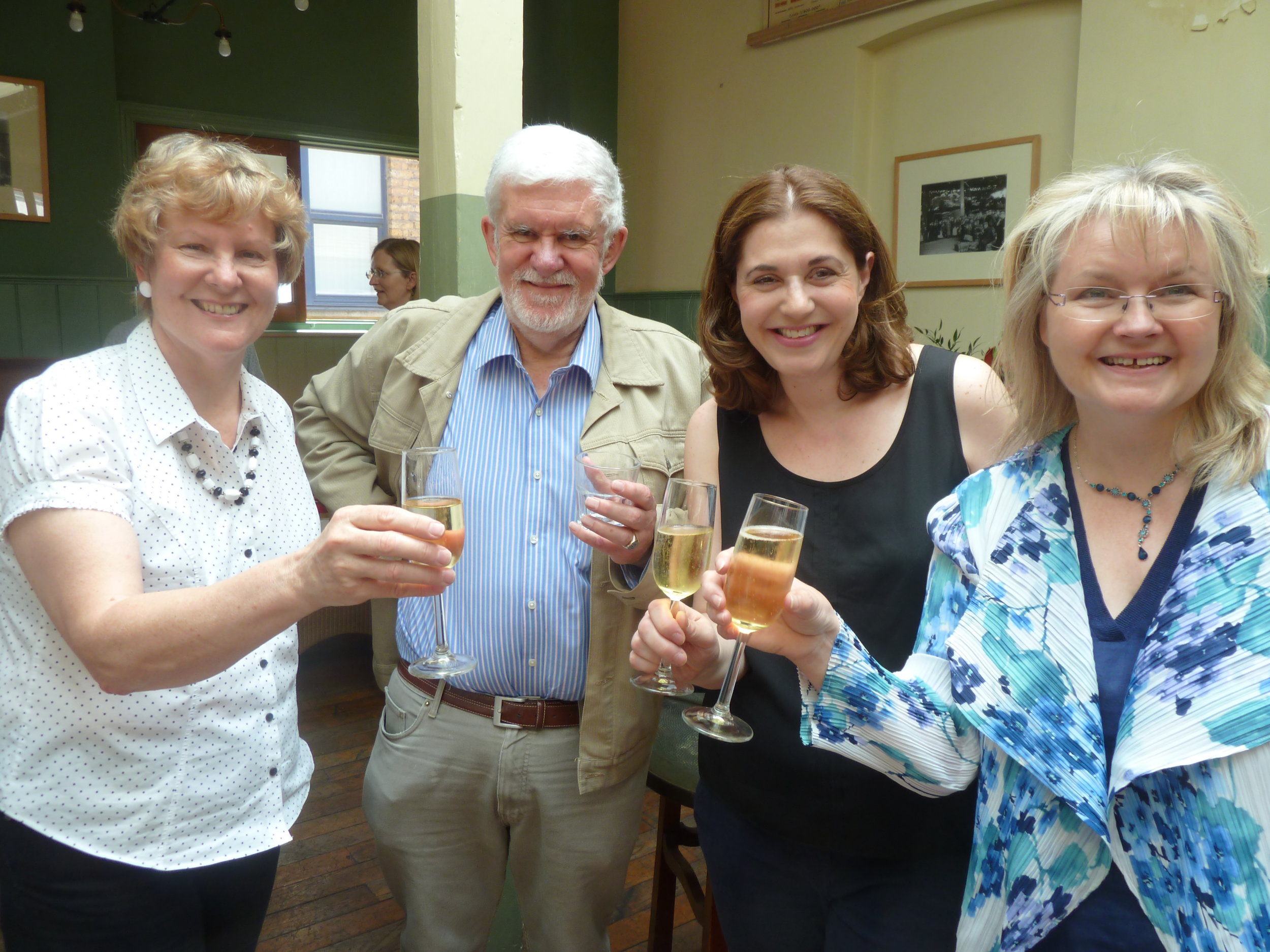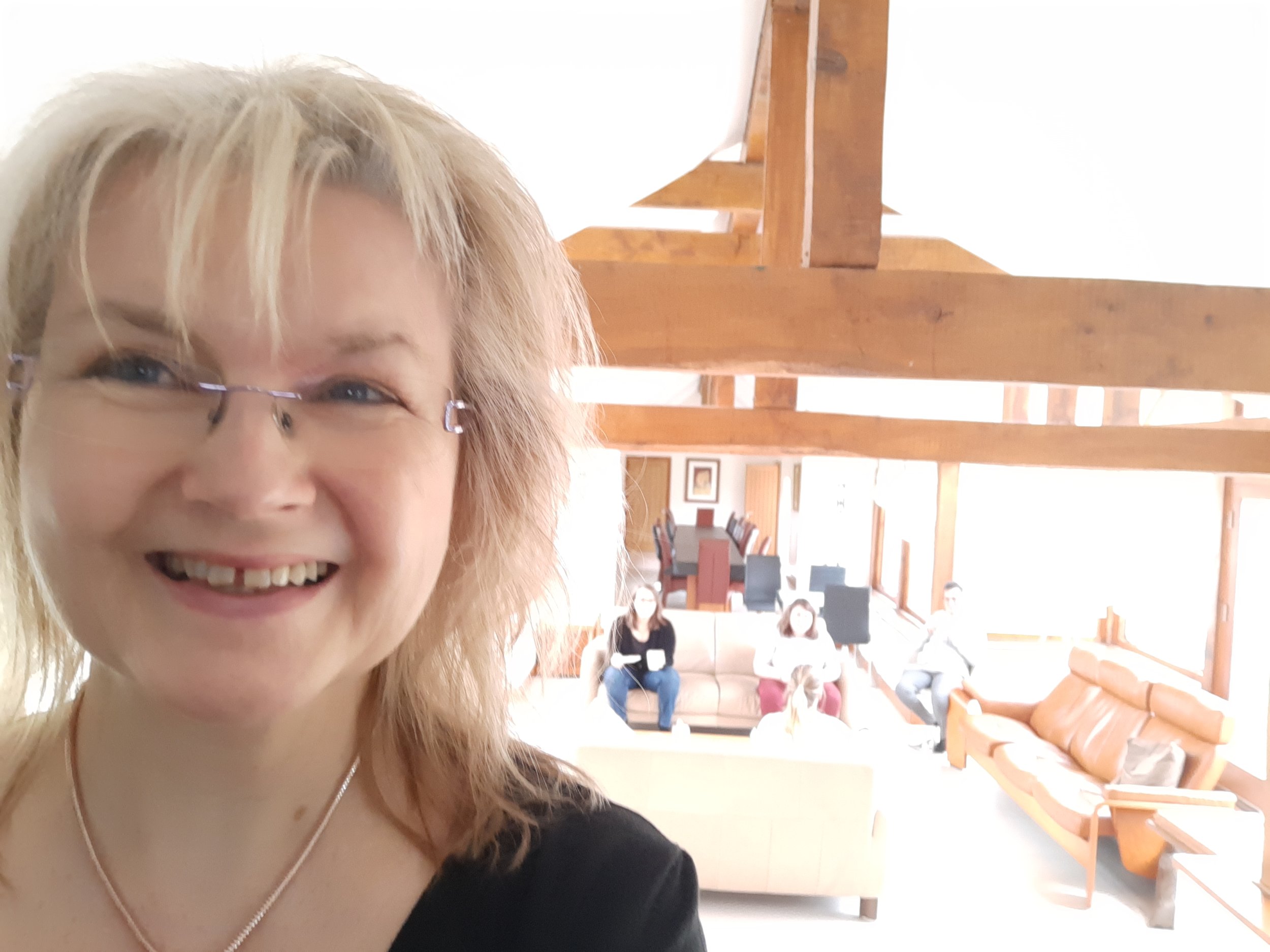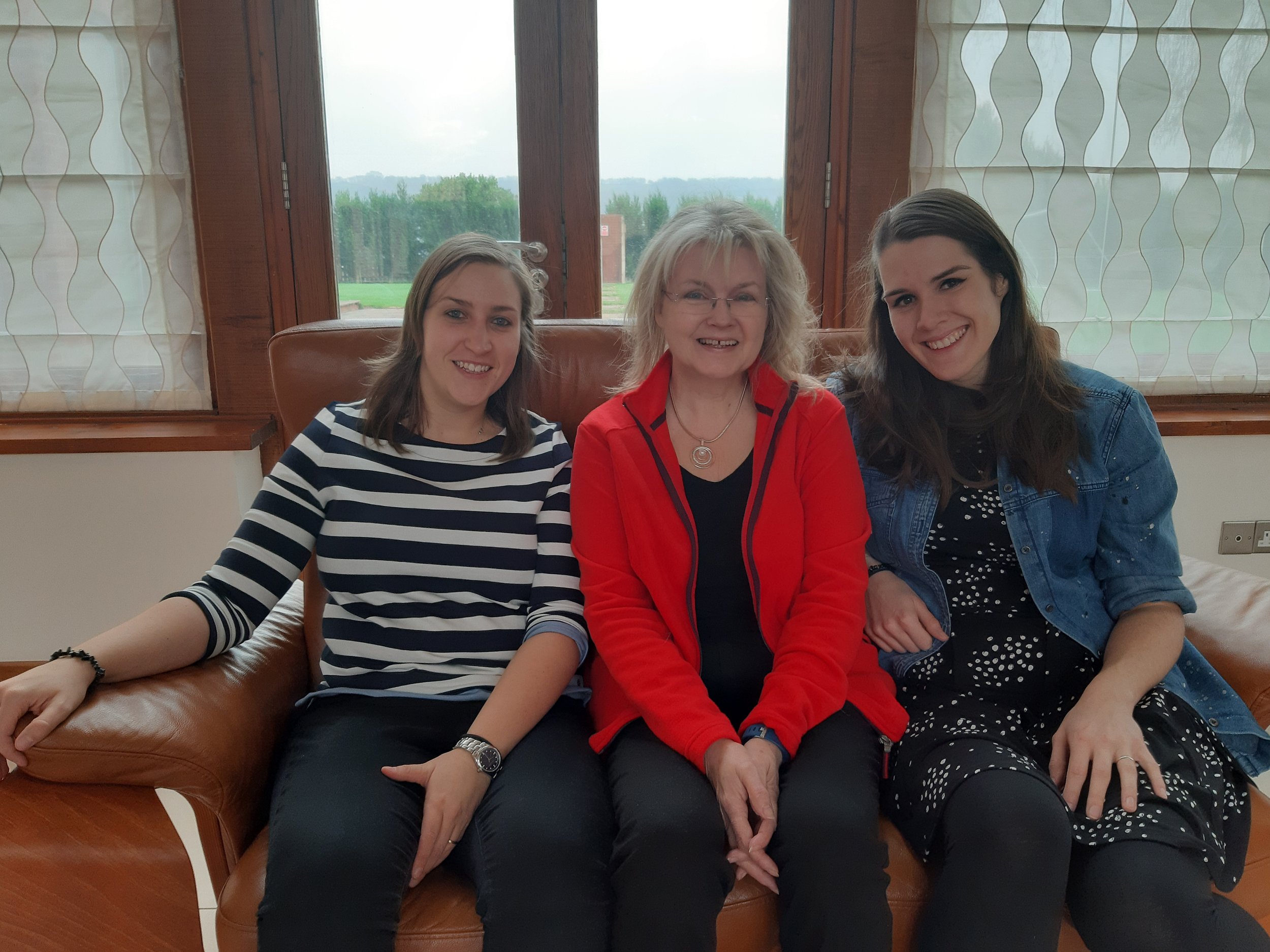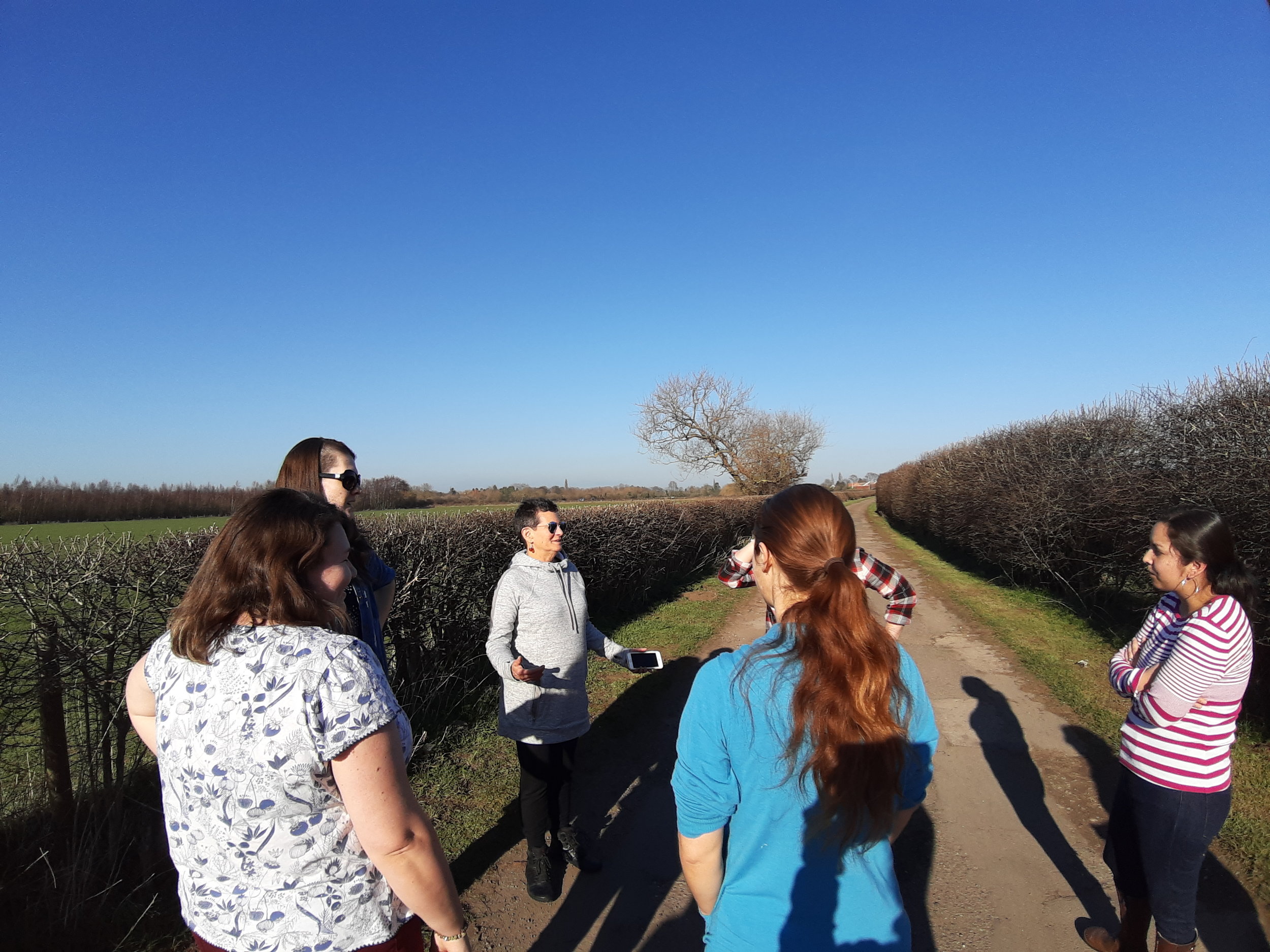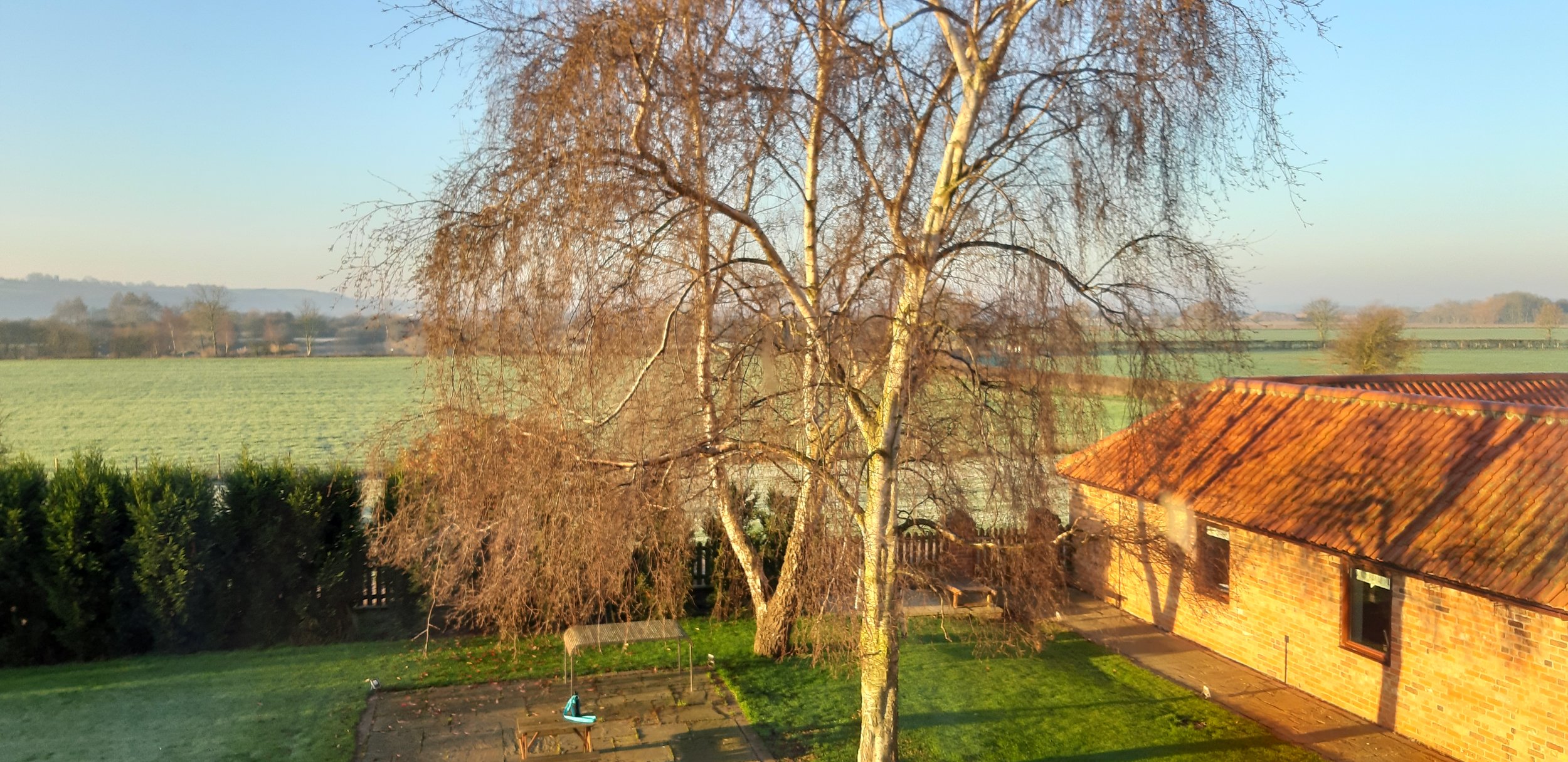I’ve just returned from a week by the sea. I planned the trip for ages and in the run up to it I often lay awake, heart racing with gleeful anticipation. I had run retreats for other writers before, in St Ives and Oxford, where my focus had been on enabling attendees to access their creative energy and get productive.
This one, though, was all about me. Which made me feel a little guilty. I’m a woman, a mother, a mentor to other writers. I’ve run my literary consultancy for a decade now and before that I was a teacher. I’m a little out of the habit of putting my writing first!
I arrived late on the Saturday evening. I couldn’t get into the rental property at first, which is a whole other story! On Sunday morning, I laid out my papers, notes and laptop. I thought about the six precious days ahead and how this book, already more than half-written, was going to make giant strides forward.
Then, quite simply, I panicked.
So here, at the other end of that precious week, are some lessons I’d like to share with you to help you if you’re considering going away to write: they’ll also remind me when I go on my next solo retreat – and yes, there will definitely be a next one!
1 If life has got in the way and you haven’t been working on your book for a few weeks or months you can’t expect it to jump and greet you like an old friend the minute you decide to pay it some attention. It’s going to be like my sister’s cat: whenever she’d been on holiday, on her return, instead of rushing to be petted, it would turn its back on her. It would have to be coaxed round. So it is with your abandoned masterpiece. You’re going to have to sweet-talk it. You’re going to have to give it time to thaw out towards you.
2 Which leads to the next problem. You don’t have all that much time. You don’t feel you can wait for it to warm up naturally, so you try to force the issue. You open up Scrivener. You reread some older bits, dismayed because they feel as if someone else entirely wrote them. You can’t remember what your fine intentions were. You’re all at sea. The panic grows and with it, the paralysis. You go out for a walk, hoping that will help. It doesn’t. Force is not flow. Thus endeth Day 1. Only 5 to go.
3 You stay indoors the next day. You think that relentless application of the seat of the pants to the chair will help. It doesn’t. You read inspirational work connected to your topic. At first, all that does is spark envy and a sense of inferiority. What were you thinking – that you could contribute an individual vision to this overcrowded subject?
4 You picked one of the loveliest places in the world for your retreat. You start to think that may have been a Very Bad Idea. You leave the laptop and sit in a chair by the window, watching the light change ceaselessly. The weather is mostly bad. But you see a rainbow plunge its arc into the bay in front of you. You are seduced by beauty. It is a distraction. You might as well have paid for this week as a holiday and let yourself enjoy it as such.
5 On Day 3 you see another rainbow (you see 10 by the end of the week – is that a sign?). You take more notes from that inspirational book. You start grabbing at post-it notes and jotting down ideas and phrases. Some of those ideas seem to reach out to others, like those films you see of neurons sending little tendrils out at the synapses within the brain. That evening, for the first time, the spirit moves you to write. You write nearly 2000 words in one fell swoop. An immense relief floods you. An immense weight drops away.
6 On each of the days that are left you write 4000 words. You know other writers would write more. You don’t care. Those words, damned in your brain, have suddenly started flowing and you are in an altered state of consciousness. You don’t edit, you don’t reread, you don’t think too hard – you just let them rise.
7 You realise that next time you won’t book a week. You will book 10 days or more. You will factor in that you need to depressurise before you can begin to let things flow. Writing is not a switch you flick at will. When you care about it the way you do this book, you must let it rise like the water in a well, slow, silent, inexorable, until it reaches the brink and spills.
8 You learn that the beauty of the place was not a distraction. It was part of a meditation. It was part of a mental state. You needed it and you will again.
9 You learn that a balance of intense burst of writing with going for a walk (even if your ears are falling off with the cold) or simply sitting, watching the waves and hearing their rhythm, has worked for you. What’s more it has restored something in you.
10 On the train home, still writing, you look up and see that 10th rainbow. A gift.
Now I am back home, the next task is not to let the magic evaporate. I still have part of the book to write and life will inevitably get in the way. But I will make steady forward progress, heading for publication in early spring. If you want to hear how I get on and later read special advance excerpts, for this is a book I am writing to help other writers, you can sign up at www.unputdownablewriter.com. And if you want to keep helping me make this book as relevant as possible, please do take my quick anonymous survey: https://forms.gle/rSxHNhMuduvERJdPA
Are you in Europe and interested in learning how to self-edit? I will be teaching a half-day workshop and offering one-to-one consultations at Zurich’s WriteCon on 30 November! Visit www.writecon.ch to see the full programme and speakers and make your booking.


